

5 Beneficial Things to Do with Tote Bags This Summer
Tote bags or cotton bags are your best accessory, as they can be used for a variety of purposes. Aside from the fact that these bags are environment friendly, they are biodegradable and can be reused multiple of times too. They are also lightweight and look stylish for any purpose you have in mind. Here…
Read More >>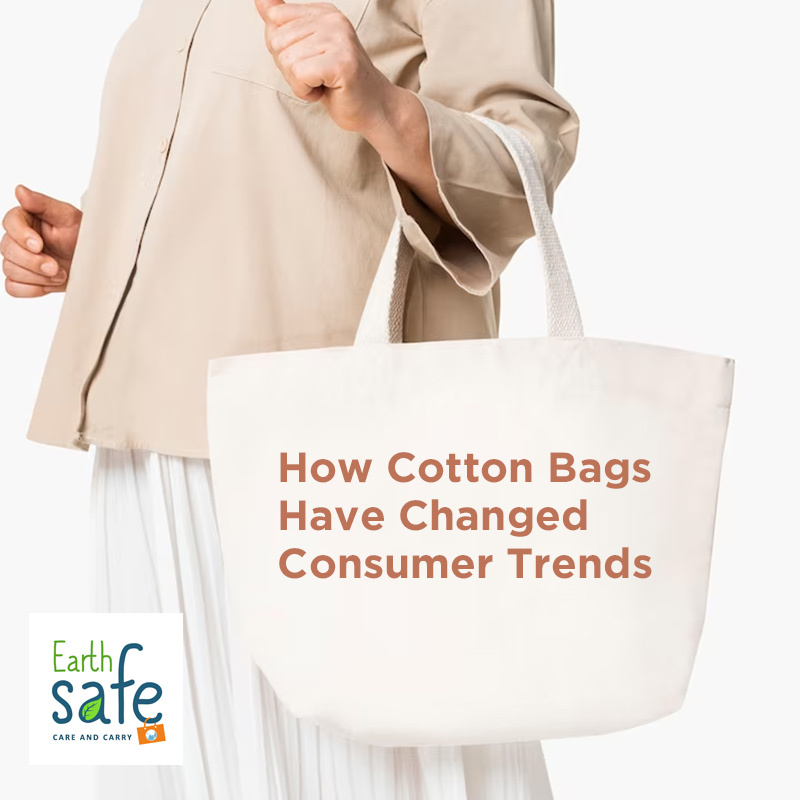
How Cotton Bags Have Changed Consumer Trends?
Cotton bags are reusable tote bags that have been witnessing increasingly greater preference by the new generation of environment-conscious consumers. These biodegradable cotton bags are multi-functional and have made a considerable impact on consumer trends in recent times. Here’s a look at how cotton bags have changed consumer trends: Responsible consumerism With cotton bags being…
Read More >>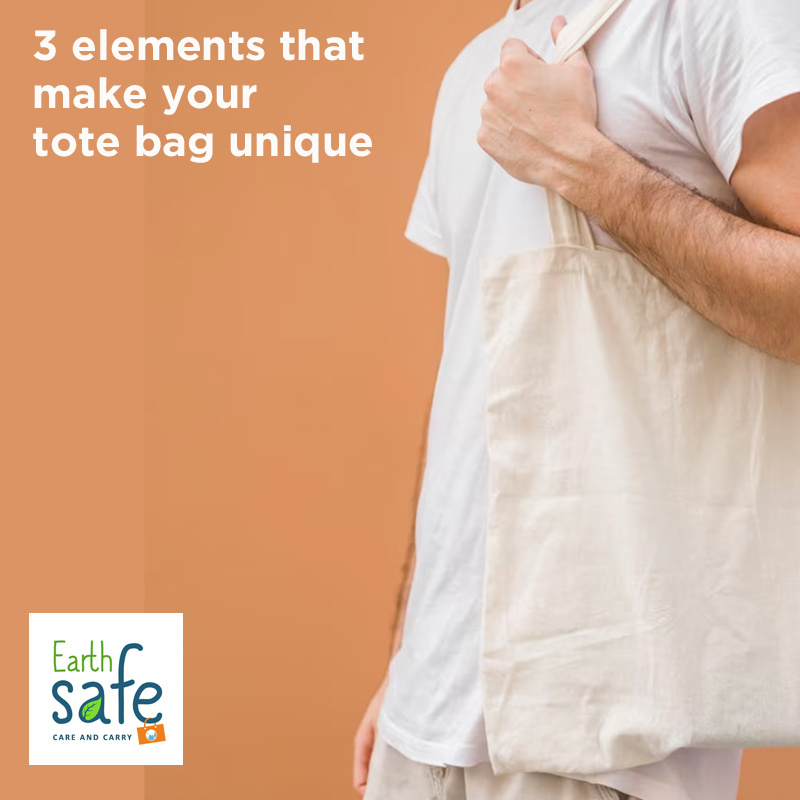
3 Elements That Make Your Tote Bag Unique
Tote bags have become a popular choice for people who want a durable and stylish way to carry their belongings. They are versatile, functional, and eco-friendly, making them a great choice for those who want to reduce their environmental impact. However, not all tote bags are created equal. Here are three elements that can make…
Read More >>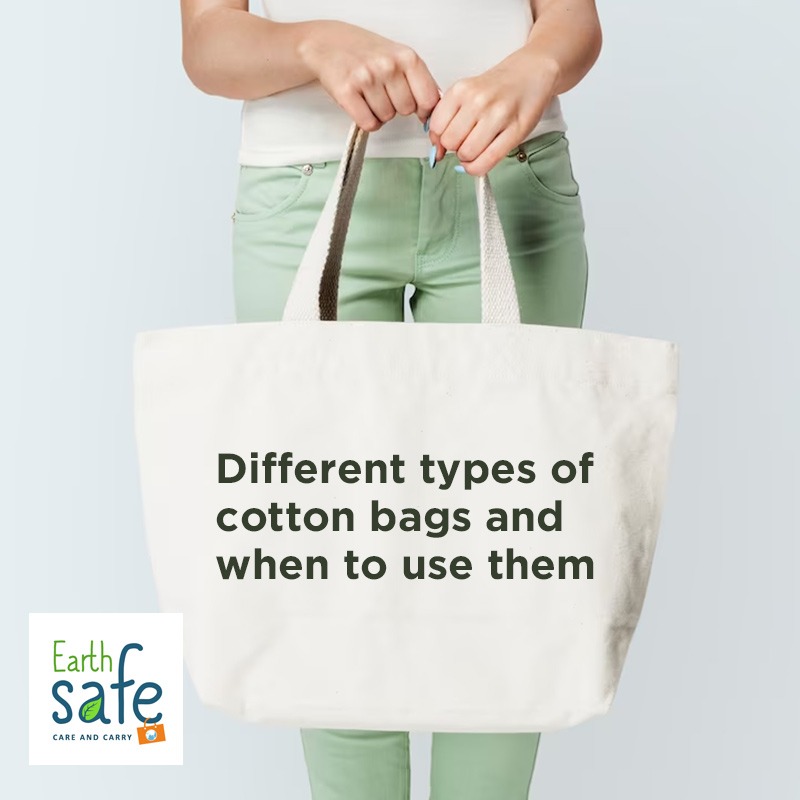
Different Types of Cotton Bags and When to Use Them
Cotton bags have gained immense popularity due to their durability, style, and eco-friendliness. They are a great alternative to single-use plastic bags and can be used for various purposes. However, there are different types of cotton bags available, each with unique features and benefits. In this blog, we will discuss the different types of cotton…
Read More >>
The Top 5 Designer Bag Fabrics That You Should Know
Handbags form an essential part of your ensemble; they should be functional as well as add the ‘oomph’ factor to your outfit. The type of handbag a person uses says a lot about their personality and are more than just a utility for fashion. The material used to make the bag can transform it from…
Read More >>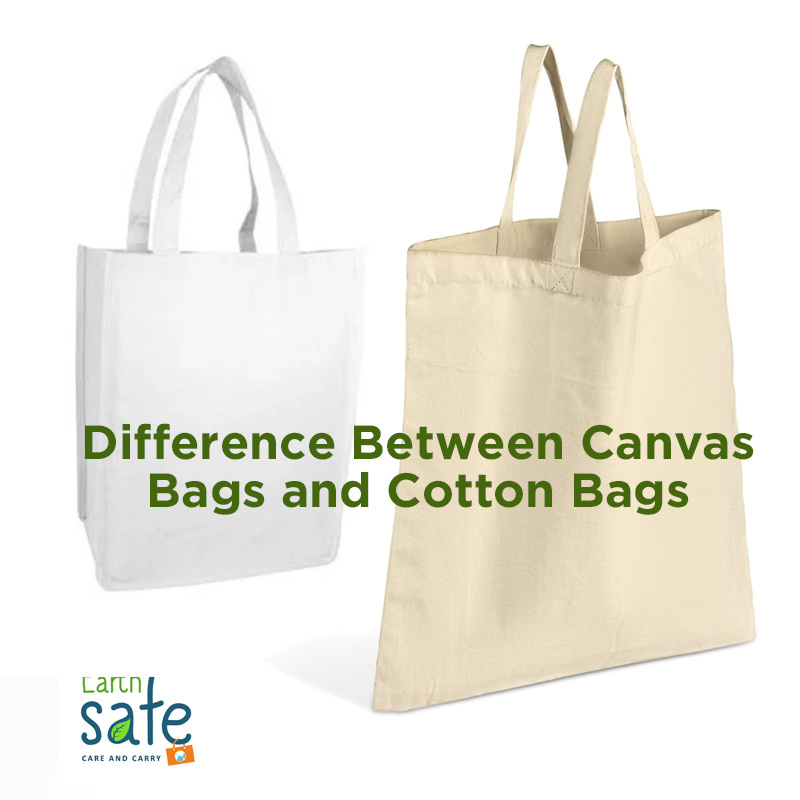
Difference Between Canvas Bags and Cotton Bags
With the world becoming more conscious of environmental pollution and the menace posed by single-use plastics, they are increasingly turning towards the use of responsibly-sourced materials that don’t pose a hazard to other life forms. Due to their high level of eco-friendliness, people are increasingly turning towards sustainable and environment-friendly options like cotton and canvas…
Read More >>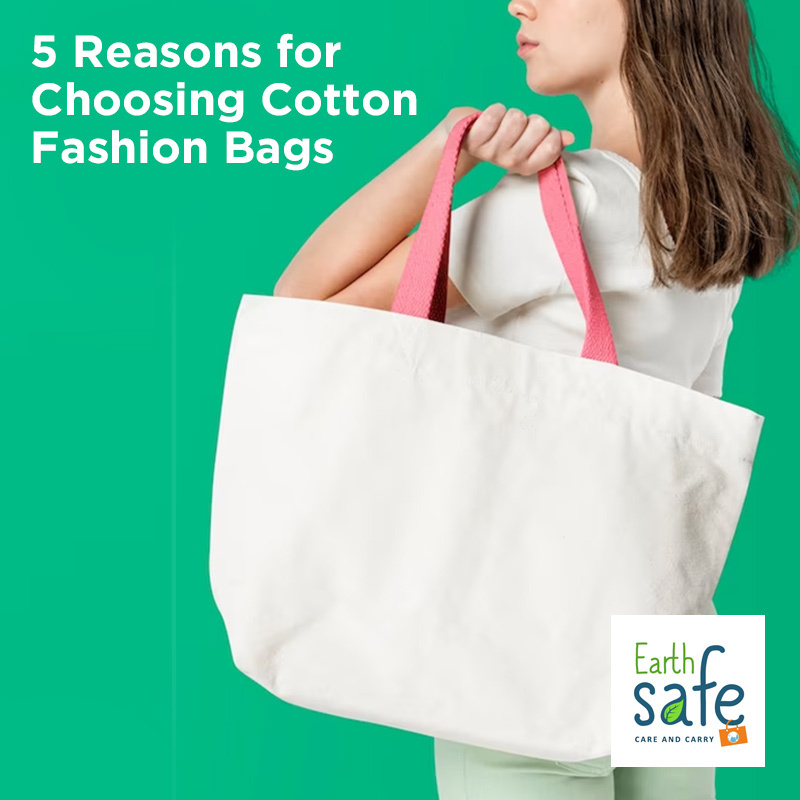
5 Reasons for Choosing Cotton Fashion Bags
The world is slowly waking up to the global pollution being caused by the indiscriminate use of single-use plastics, especially plastic bags. Which is also why people are increasingly turning towards the use of organic cotton bags in their daily life. Made of natural fibers, cotton bags are environment-friendly, sustainable and biodegradable. They are soft…
Read More >>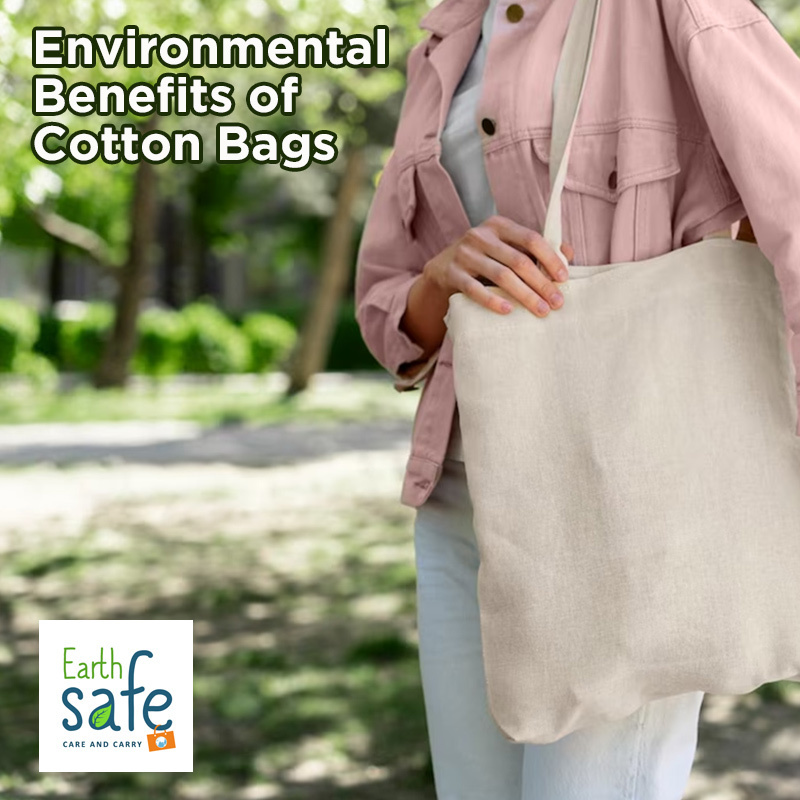
Environmental Benefits of Cotton Bags
With global warming and environmental pollution on the rise, there is a glaring need for humans to change their lifestyles. Every little effort made towards curbing pollution matters. With plastic bags being a major source of pollution in the oceans, soil and waterways and eventually getting into the food chain, there is a need for…
Read More >>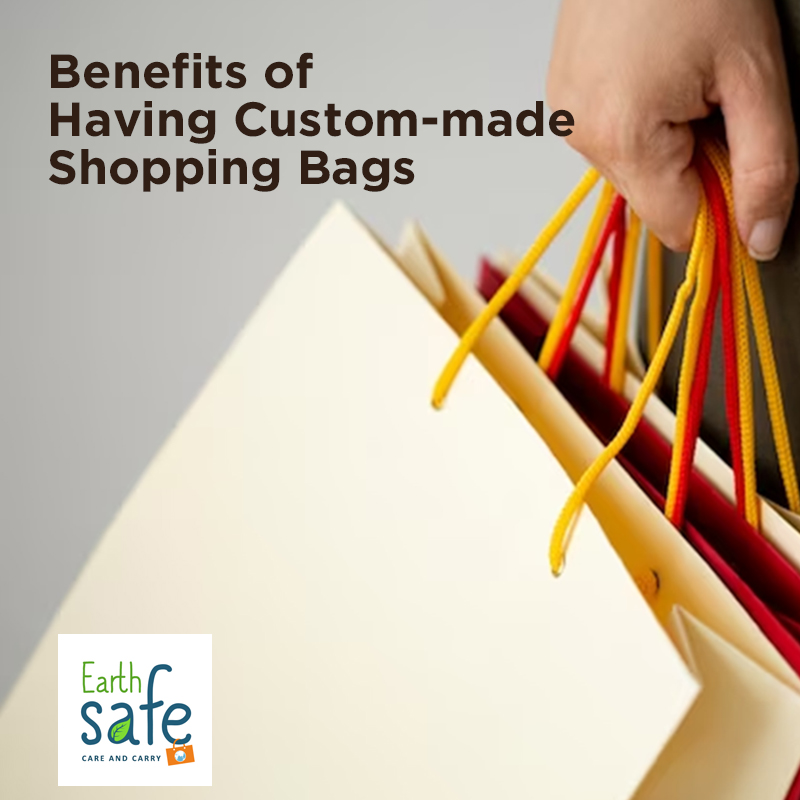
Benefits of Having Custom-made Shopping Bags
With increased visibility of the impact of plastics on the ecosystem, more people are turning away from their dependence on plastic products, and moving towards more environment-friendly products. In an effort to reduce their carbon footprint, individuals are moving away with using single-use, disposable products and opting for recycled and repurposed products instead. And when…
Read More >>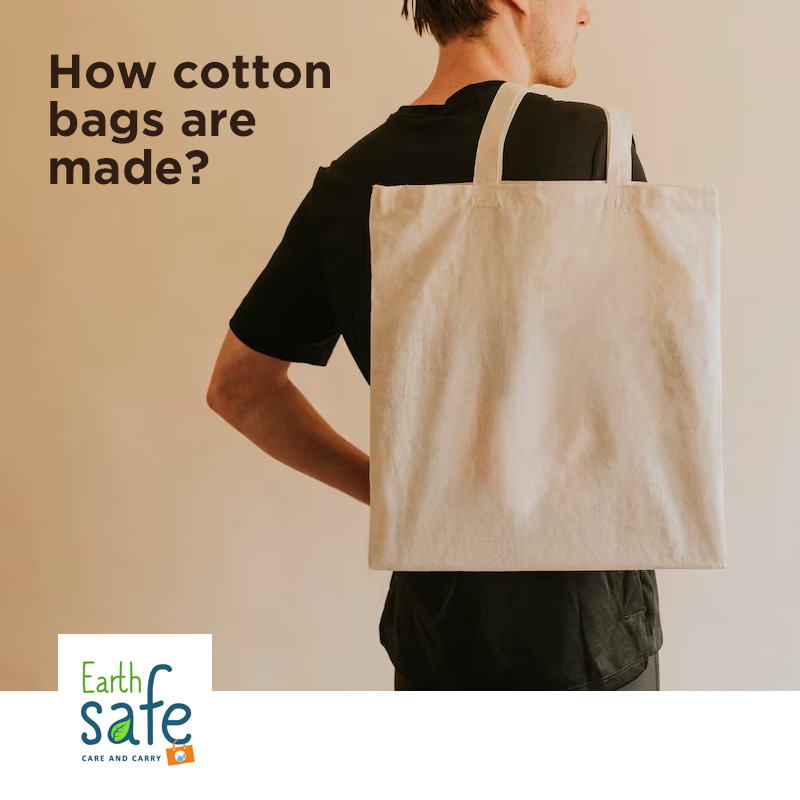
How Cotton Bags are Made
With people becoming more aware of the negative impacts of plastic bags on the environment and other living things, there has been a parallel increase in interest in sustainable bags. Cotton bags are made of natural materials that is biodegradable and can be easily recycled without harming the ecosystem. The Making Process Cotton fibers are…
Read More >>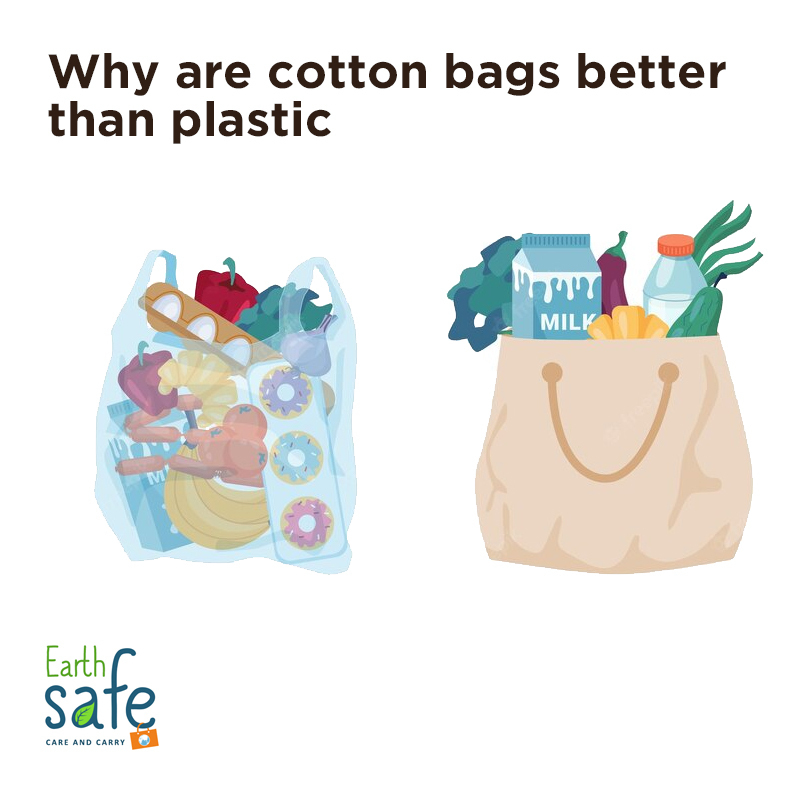
Why Are Cotton Bags Better Than Plastic?
With all the global debates raging around sustainability and the need to move away from over-dependence on plastics, it’s becoming a common sight these days to see shoppers with their own cotton tote bags. Of course, stricter regulations, taxes and outright bans by some countries, have further helped in people turning away from the usage…
Read More >>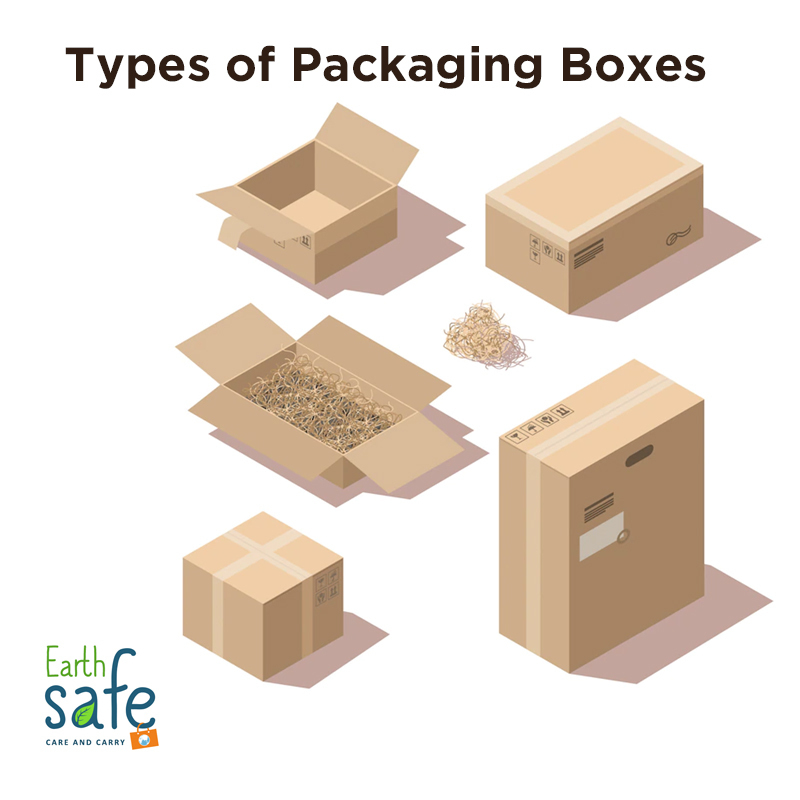
Types of Packaging Boxes
The world has truly become a global village with commerce being a common factor between nations. Packaging plays a big role when it comes to transportation of products from one place to another and boxes or cartons are the ideal go-to product. These paper-based packaging comes with different names including cardboard boxes, corrugated boxes, folding…
Read More >>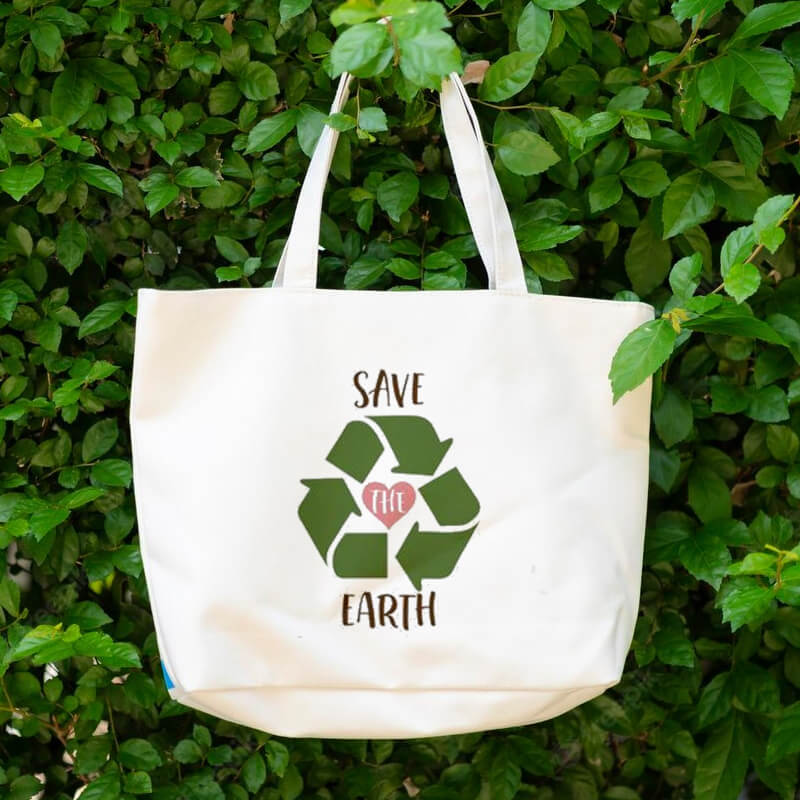
Five Reasons You Should Use Reusable Grocery Bags
Making changes to one’s lifestyle in order to decrease the impact on the environment is a noble cause. The fact that we live in a world where recycling has become so popular indicates that people do realise their role in protecting the planet. Plastic bags have been the most used form of packaging for the…
Read More >>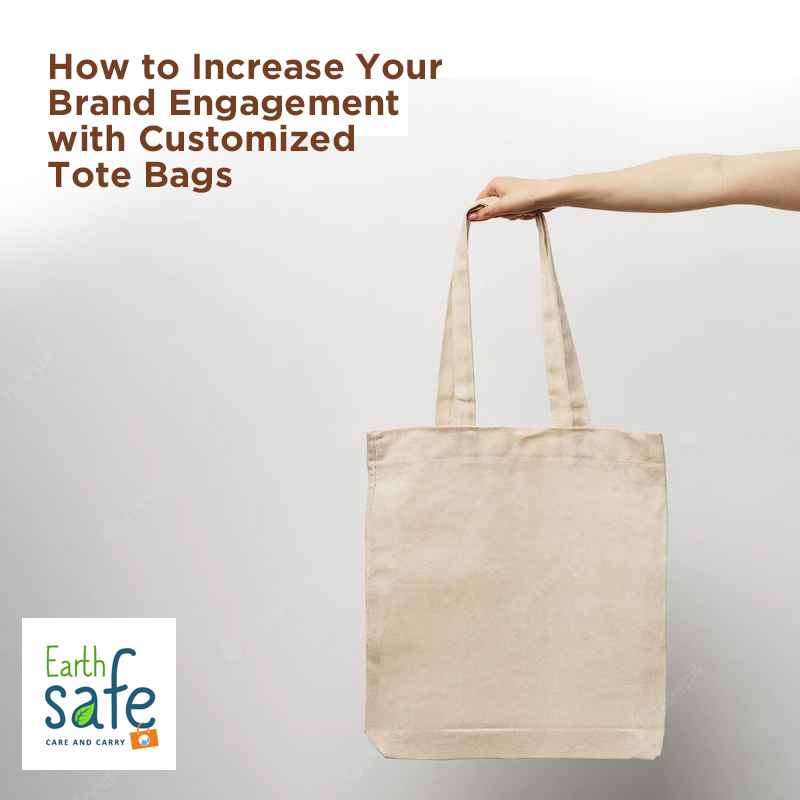
How to Increase Your Brand Engagement with Customized Tote Bags?
Effective advertising is essential for business growth. Customized tote bags are a great way to advertise your product and build your business, but getting these bags to your customers is the real challenge. Do keep in mind that the bags need to be attractive, for customers to feel good using them. To communicate your message…
Read More >>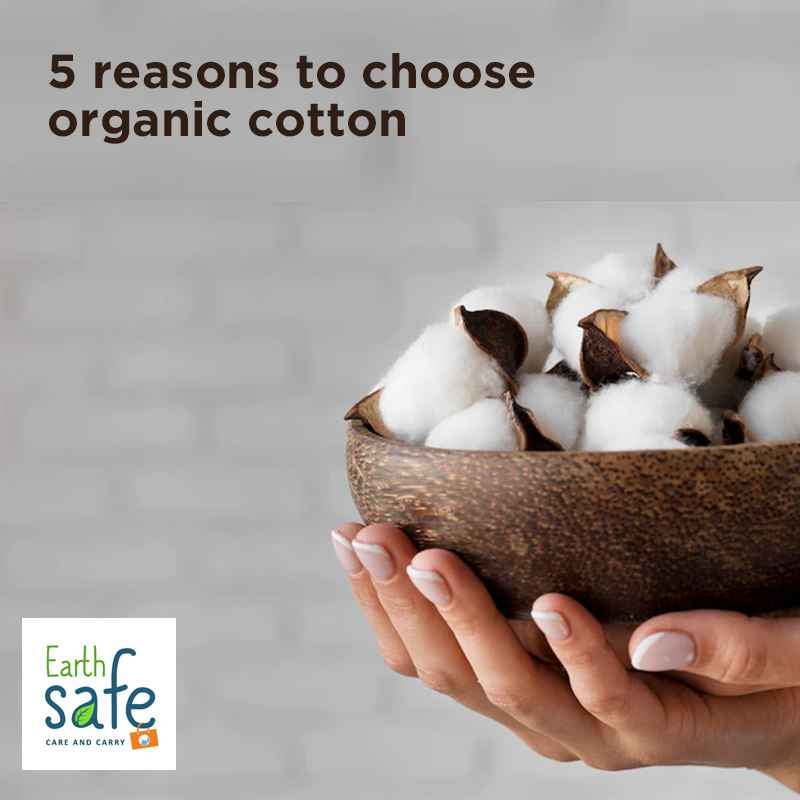
5 Reasons to Choose Organic Cotton
Organic cotton is cultivated without the use of toxic chemicals, fertilizers and pesticides. Its processing and cloth production process is also curated off the use of any harmful artificial products to ascertain it maintains its organic status. Sadly enough, only 1% of the world’s cotton is grown organically. The remaining 99% traditionally grown cotton involves…
Read More >>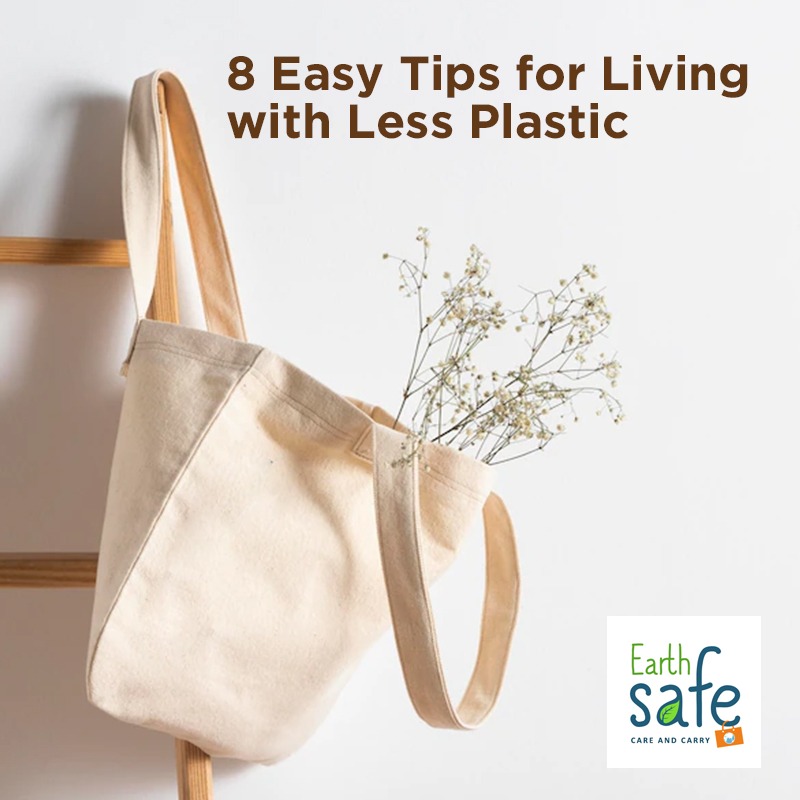
8 Easy Tips for Living with Less Plastic
The amount of plastic polluting landfills, rivers, and oceans is staggering to say the very least. It has a devastating effect on both soil and marine life, killing millions of life forms annually. Not only this, the plastic breaks down into tiny toxic particles that eventually enter the human water supply and food chain too.…
Read More >>
Tips for Cleaning a Cotton Face Mask
To slow down the spread of COVID-19, it is important you were a face mask to protect yourself and others. This becomes more pertinent in schools, movie theaters, and while shopping at grocery stores where it’s impossible to maintain social distancing. Everyone needs to wear masks except those under 2 years old and those with…
Read More >>
Effect of Plastic on Forests & Wildlife
Plastic use has clearly taken over human lives. There is dependence on plastics in nearly every sphere of life, starting from feeding bottles, to toys, furniture, plates, parts of automobiles, and even the clothes we wear! And for something that is so useful, it’s distressing to note that plastics take approximately a 1000 years to…
Read More >>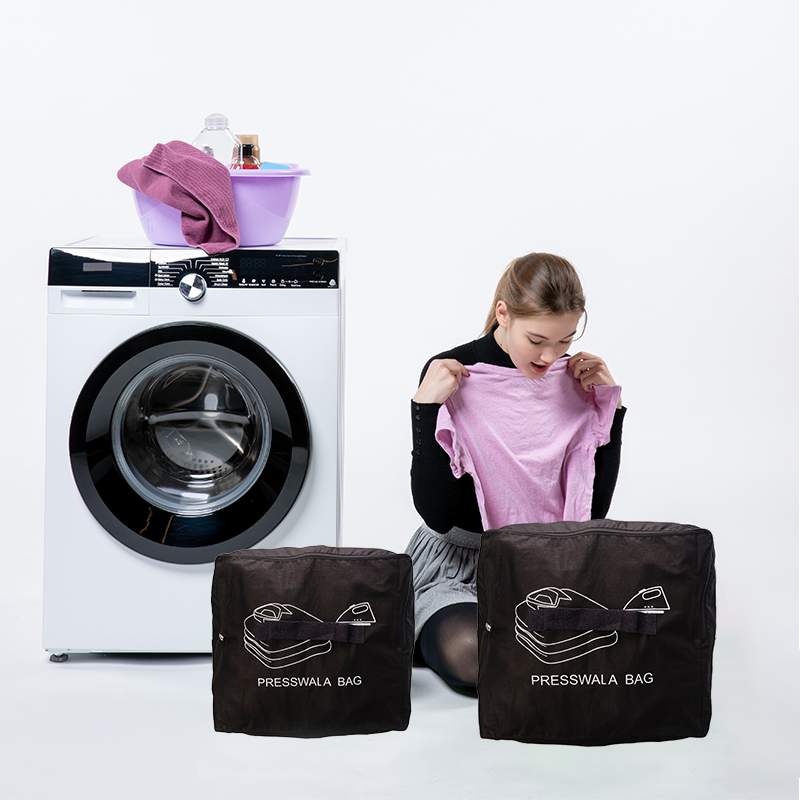
Is it Necessary to Buy Laundry Bags?
There are certain items necessary for any home to function normally and smoothly. Though the list is long, interestingly, the laundry bag stands out. Instead of going for a laundry basket made of plastic – which is getting a bad rap these days due to increasing global plastic pollution – why not go for a…
Read More >>
How to Choose a Business Bag?
The bag that you carry to your place of business isn’t just an accessory to complete your ensemble, but also represents your ideology and what you stand for. Your business bag is an indispensable personal tool that accompanies you everywhere on a working day. When buying a business bag, you will find an endless variety…
Read More >>
Why Tote Bags are the Best Fashion Accessory?
Though the popularity of tote bags has witnessed ups and downs in the past, totes are definitely in vogue now. These fashion staples come with side handles that can be easily loped over the shoulders and their wide opening is usually unfastened. These stylish bags may or may not come with different sections and can…
Read More >>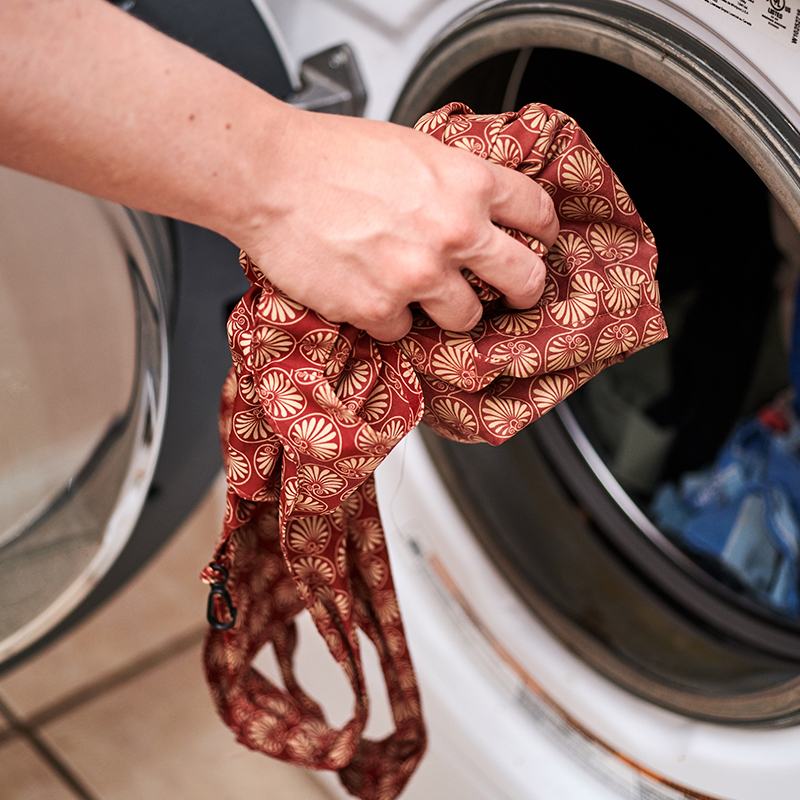
Tips for Cleaning a Cotton Bag
Cotton is a strong, soft and breathable natural material that can be used to create a variety of things – aside from your clothes. And with the world being increasingly burdened by plastic waste, including single-use plastic shopping bags, reusable cotton bags have become a popular replacement for them. Aside from looking more stylish, cotton…
Read More >>
Benefits of Reusable Bags in Building Brand Awareness
Staying ahead of your competitors is always a challenge and can appear daunting to most businesses. However, staying ahead with your brand is easier now as the world slowly turns towards a sustainable lifestyle to lower their carbon footprint. This has meant that the use of reusable cotton bags is becoming increasingly in vogue now,…
Read More >>
Cotton Bags for Food Storage
Single use, disposable plastic bags might appear very handy to use, but they invariably end up polluting the environment and eventually entering the human food chain to cause lethal harm. Not only do these plastic bags pollute our air, soil, waterways and oceans, but also birds, animals and fishes, and eventually humans. It’s high time…
Read More >>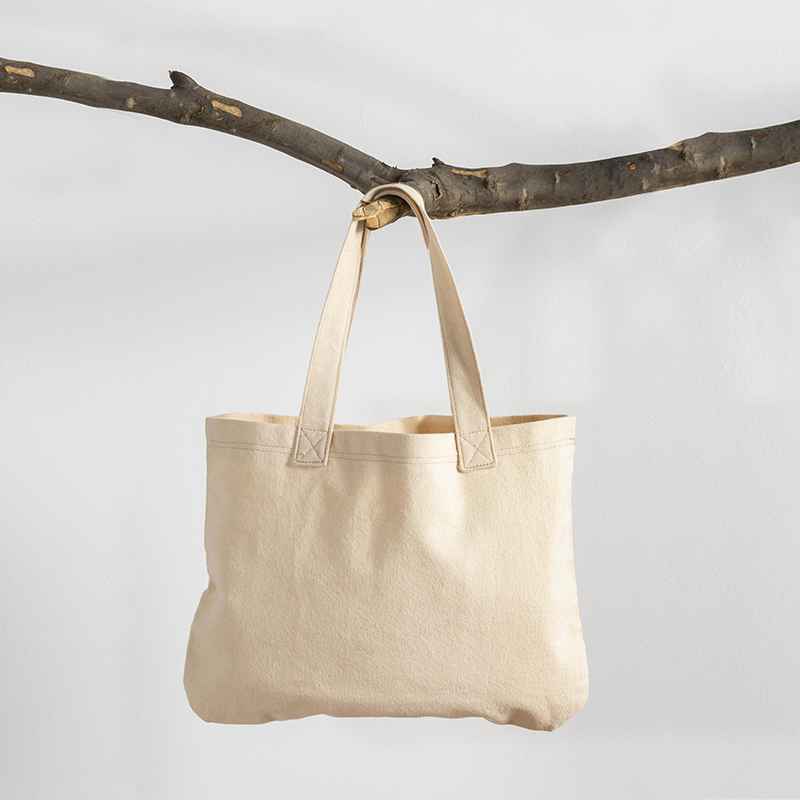
Things to Consider Before Buying a Fashion Bag
After diamonds, it’s bags that are a woman’s best friend. No matter what the situation, women can magically conjure up solutions from the depths of their bag any day! However, when it comes to buying a bag, it becomes an entirely different ball game. The bag has to be just right to fit in the…
Read More >>
Dos and Don’ts of Wearing Face Masks in Public
Face masks have become an essential accessory in the fight against the spread of the current pandemic. When the face mask is worn properly, it not only protects the wearer from getting infected, but also prevents the wearer from spreading infection. Masks are a very effective barrier against the outside world when used properly. However,…
Read More >>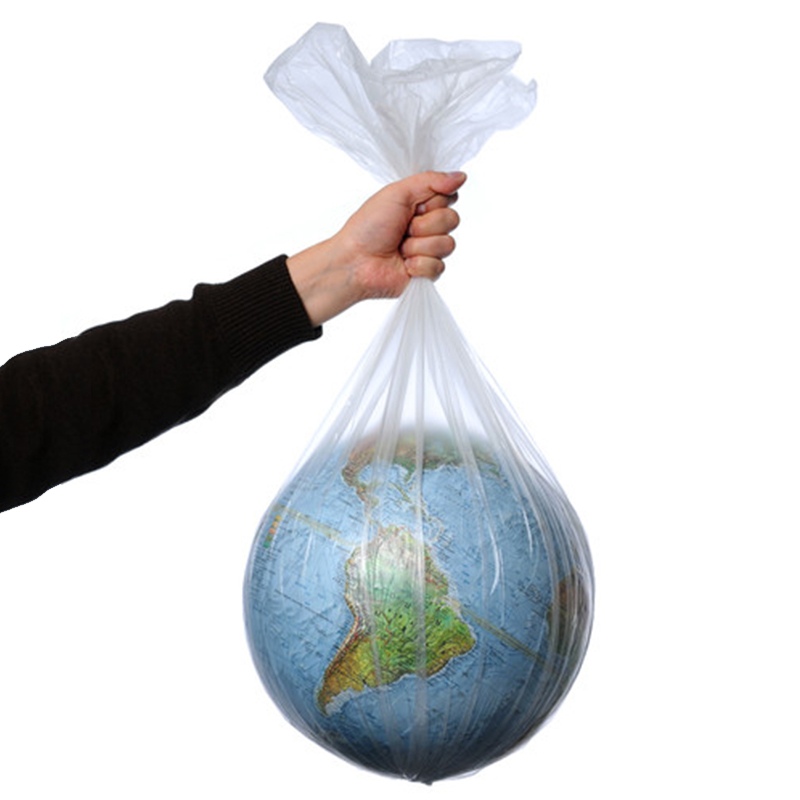
Environmental Impact of Plastic Bags
Plastic bags are very convenient to carry almost anything under the sun, and make great packaging material too. While their uses are unlimited, they do have a detrimental effect on the environment. Plastic bags take years to decompose and end up harming land animals, marine life, water bodies as well as soil. All this eventually…
Read More >>
Facts about Organic Cotton
As opposed to synthetic materials such as polyester or polyacrylic which are made from crude oil, cotton is a natural, farmed product. It is a biodegradable product that is cultivated from non-GMO seeds and feels luxuriously soft on the skin. However, regular cotton cultivation can have dangerous effects on humans as well as the environment…
Read More >>
The Benefits of Custom Printed Cotton Bags
With an increasing emphasis on global warming, businesses are changing tracks and opting for cotton bags in place of plastic bags. These eco-friendly shopping bags are gaining greater popularity with customers as they too are also becoming more sensitive to doing away with plastic bags which are polluting nature. And when you invest in printing…
Read More >>
A Guide to Organic Cotton
History shows that cotton was grown, spun and woven into rough cloth from as far back as 3000 BC in the Indus River Valley region. Archaeological findings suggest that cotton has been cultivated in this region since around 5000 BC. Scientists have also found cotton bolls and woven cotton cloth in Mexican caves that date…
Read More >>

